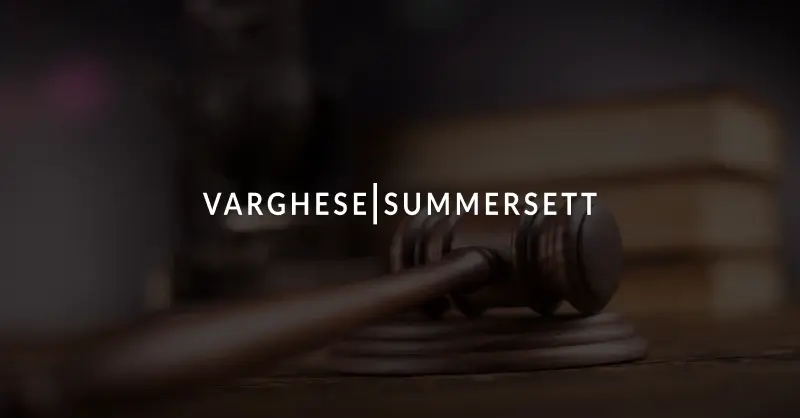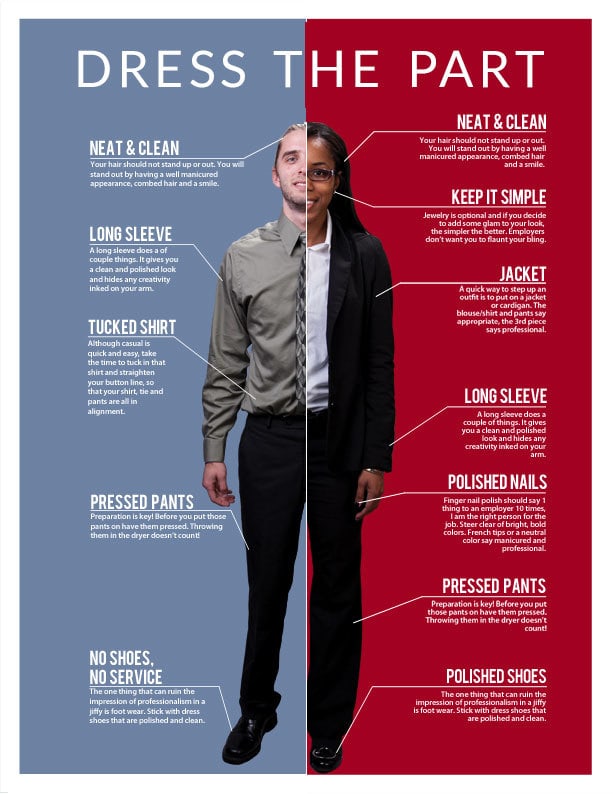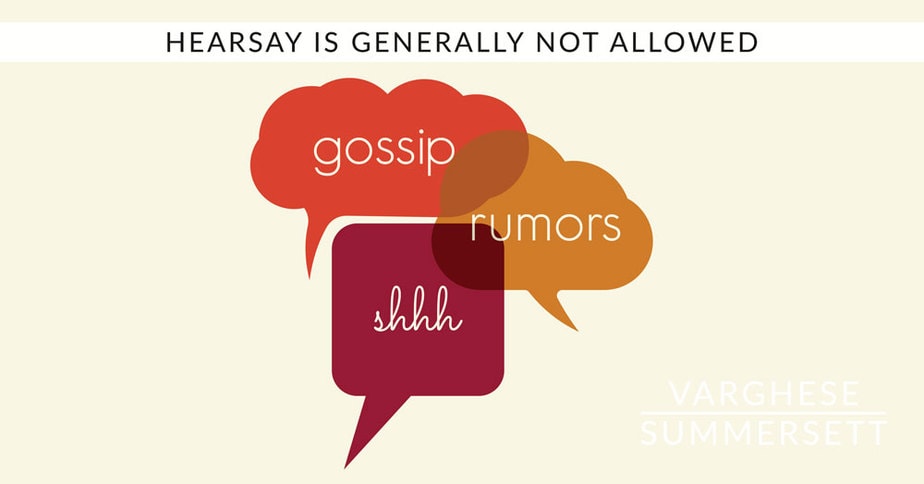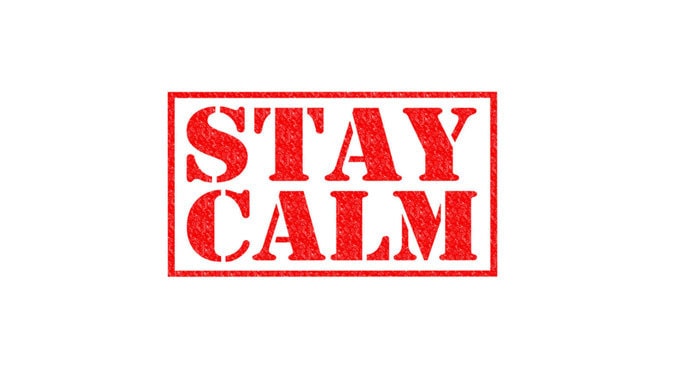
9 Tips for Testifying in Court | Taking the Witness Stand
Testifying in criminal court can be nerve-wracking. The stakes are high and, in many cases, someone’s freedom is on the line. It’s imperative to put your best foot forward and answer questions to the best of your memory. In an effort to lessen the stress and help you feel more comfortable on the witness stand, here’s nine tips for testifying in court.
1. Be Prepared
It’s important to think about your testimony ahead of time and to review any materials at your disposal before walking into court. Refresh your memory by thinking back to the time in question and recalling as many details as possible. Don’t try to predict questions and memorize answers, however. If your testimony comes across as scripted, you could lose credibility with the judge or jury. It’s also a good idea to familiarize yourself with courtroom etiquette, such as standing when the judge enters the courtroom, silencing your cellphone and spitting out your gum.

2. Dress Appropriately
Dress neatly and conservatively. Your appearance should signify that you are taking this matter seriously and that you respect the court and the judicial system. Wear something that you would wear to church, a job interview, or nice event. A suit or slacks and a collared shirt is appropriate for men, while a dress or pantsuit is suitable for women. A disheveled or overly dressy appearance can be distracting and detract from what you are saying.

3. Talk Slowly, Clearly, and Loudly.
Because everything will be taken down by a court reporter, it is important to speak slowly and clearly. Be sure to respond “yes” or “no,” rather than shaking your head or nodding. “Uh-huhs” or “nahs” do not translate well. Also, try not to talk at the same time as anyone else, including the prosecutor, defense attorney or judge. Wait for the question to be asked, listen to it carefully and then begin your answer. Make sure you speak loud enough for everyone to hear, especially jurors.

4. Only Answer the Question Being Asked.
Many people who are in uncomfortable situations become very talkative or “nervous talk.” It’s very important not to “over-answer” or offer up additional information on the witness stand. Listen to the question and answer only that question. Do not elaborate. Volunteering information can draw an objection or make you seem over-eager or even biased.

5. Do Not Testify about Second Hand Knowledge
Testifying in court about what someone told you is generally not allowed. That is called hearsay and it is inadmissible if the person being quoted is not present in court. Stick to what you know – facts that you observed or have personal knowledge about. If there is an exception to the rule either the attorney or judge will let you know before you answer the question.

6. Stop Talking if an Objection is Made.
If you hear the word “objection,” stop talking immediately. Wait for the judge to rule and to tell you to continue before speaking again. If the judge overrules the objection, you must answer the question. If the judge sustains the objection, you will not be allowed to answer and will likely be asked something else.

7. If You Do Not Know the Answer, Say So
If you do know or can’t remember something, say so. Don’t guess. Be careful when asked about specific dates, times, speeds or measurements. Likewise, if you didn’t hear the question or don’t understand the question, say so.

8. Stay Calm.
It’s important to keep your emotions in check on the witness stand. Remain calm and respectful, even if an attorney is peppering you with questions. Showing sarcasm or anger could cause you to lose credibility with the judge or jury.

9. Be Honest and Correct Your Mistakes.
Remember that you are under oath. If you did not answer a question accurately or made a mistake, correct it immediately. It’s better to correct a mistake or clarify yourself than to have the opposing attorney discover it and make an issue out of it. If you knowingly lie or make a false statement, you could face serious consequences, including a perjury charge. Honesty truly is the best policy. Just tell the truth.

We hope you found these tips for testifying in court helpful. The attorneys at Varghese Summersett bring together more than 100 years of criminal law experience. Collectively, we have tried more than 550 criminal cases before Texas juries. All of the firm’s partners are former prosecutors and four are also Board Certified in Criminal Law, the highest designation an attorney can reach. If you’re in need of a criminal defense attorney, give us a call at (817) 203-2220.



